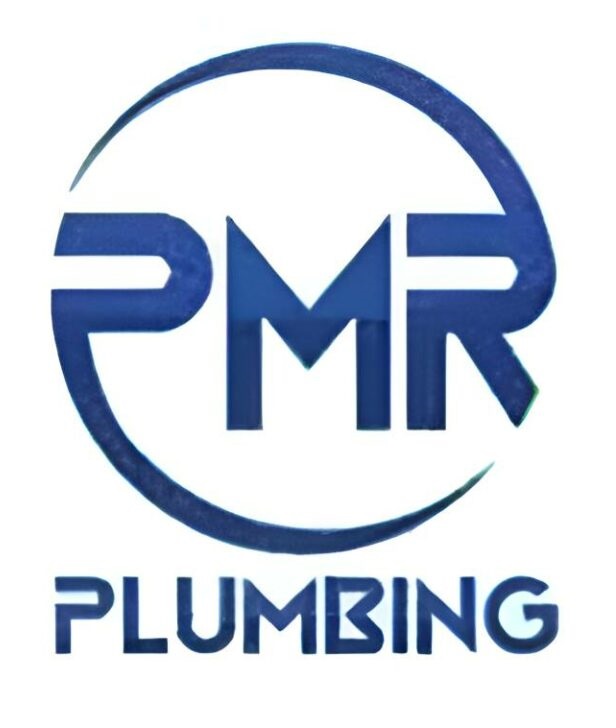A leaking water heater is more than just an inconvenience—it can lead to property damage, increased utility bills, and even mold growth if left unaddressed. But when it happens, the first question most homeowners ask is, Can a plumber fix a water heater leak properly?
Let’s explore how plumbing professionals handle these situations, what causes the leaks, and when water heater repair is the right solution.
What Causes a Water Heater to Leak?
Before jumping into repair solutions, it’s helpful to understand why leaks happen. Water heater leaks can be caused by:
- Loose pipe connections
- Faulty temperature and pressure (T&P) relief valves
- Internal tank corrosion
- Cracks or wear in the tank over time
- Aging water heaters reaching the end of their lifespan
Leaks often start small but can worsen quickly. A few drops today might turn into a full puddle tomorrow.
Do Plumbers Handle Water Heater Repairs?
Yes, absolutely. Plumbers are trained to work on various aspects of water systems in your home, including your water heater. Whether it’s electric or gas-powered, a licensed plumber has the tools and knowledge to inspect, diagnose, and fix the issue efficiently.
In fact, when it comes to water heater repair, hiring a plumber is one of the best first steps. They can quickly tell whether the leak is coming from a faulty valve, a loose pipe, or something more serious like tank corrosion.
Common Water Heater Repairs a Plumber Can Do
Here are the most common repair jobs a plumber performs when dealing with a leaking water heater:
1. Tightening Loose Connections
Over time, fittings and pipes can loosen due to water pressure and temperature changes. A plumber will inspect the system and tighten any loose connections to prevent leakage.
2. Replacing Faulty Valves
Pressure relief valves and drain valves can wear out or get clogged. A plumber can test these parts and replace them if needed, which often resolves minor leaks.
3. Fixing or Replacing Pipes
If the issue lies in the pipes leading to or from the water heater, plumbers can repair or replace them to stop the leak.
4. Installing a New Drain Pan
Sometimes, water collects in the drain pan due to condensation or minor overflows. If the drain pan is damaged, a plumber will install a new one to prevent floor damage.
When Is Water Heater Replacement the Only Option?
Sometimes, water heater repair just isn’t enough—especially if the unit is old or badly corroded.
Here’s when replacement is likely the better solution:
- The water heater is 10–15 years old
- There is visible rust or corrosion on the tank
- The leak is coming from the tank itself, not a connection
- You’ve had multiple repairs in the past few years
A plumber can guide you through this decision, helping you choose the right size, brand, and efficiency level for your new unit.
Can You Fix a Water Heater Leak Yourself?
While you might be tempted to try a quick DIY patch, water heaters involve both plumbing and, in many cases, electricity or gas. Without the right knowledge, trying to fix the problem yourself can lead to safety hazards or worsen the damage.
Calling a professional plumber ensures:
- The problem is correctly diagnosed
- The leak is safely and permanently fixed
- Your water heater remains up to code
- Warranty (if applicable) stays valid
That’s why it’s always smarter to rely on experts when it comes to water heater repair.
What to Expect During a Professional Repair Visit
When you call a plumber for a leaking water heater, here’s what usually happens:
- Inspection—They’ll look at the tank, connections, and surrounding area.
- Diagnosis—After finding the source, they’ll explain what caused the leak.
- Quote – You’ll get an estimate for the repair cost and any parts needed.
- Repair or Replacement—Depending on the damage, the plumber will either fix the leak or recommend replacing the unit.
- Testing – After the repair, the system will be tested for proper operation.
This entire process is typically done in a few hours, unless a full replacement is needed.
How to Prevent Future Water Heater Leaks
After the plumber handles your water heater repair, you’ll want to avoid another leak in the future. Here are some preventive tips:
- Schedule regular maintenance—have a plumber inspect your unit once a year.
- Drain the tank—Sediment buildup can corrode the tank. Flushing it regularly can extend its life.
- Check the pressure valve—test the T&P valve periodically to make sure it’s working.
- Keep an eye on the area—catch leaks early by occasionally checking around the heater for moisture.
Final Thoughts
So, can a plumber properly fix a water heater leak? Absolutely. In fact, they are the most qualified professionals to handle the job. From small pipe issues to full tank replacements, plumbers ensure your water heater runs safely and efficiently.
Timely and professional water heater repair not only saves you money but also protects your home from potential water damage. Whether you’re dealing with a minor drip or a serious leak, don’t wait—call a licensed plumber and get it fixed the right way.
FAQs
Q: Can I still use hot water if my heater is leaking?
A: It’s not recommended. Using the unit while it’s leaking could cause more damage or become a safety hazard.
Q: How much does water heater repair typically cost?
A: It varies, but minor repairs may range from $100 to $300, while replacements cost more depending on the model.
Q: Should I turn off my water heater if it’s leaking?
A: Yes. Shut off the water supply and the power or gas source, then call a plumber.
Q: Can leaks stop on their own?
A: No. Even if the dripping slows, the underlying issue will only get worse without a proper fix.
Q: How long does a typical water heater last?
A: Most last 8 to 12 years. Regular maintenance and prompt water heater repair can help extend its life.




